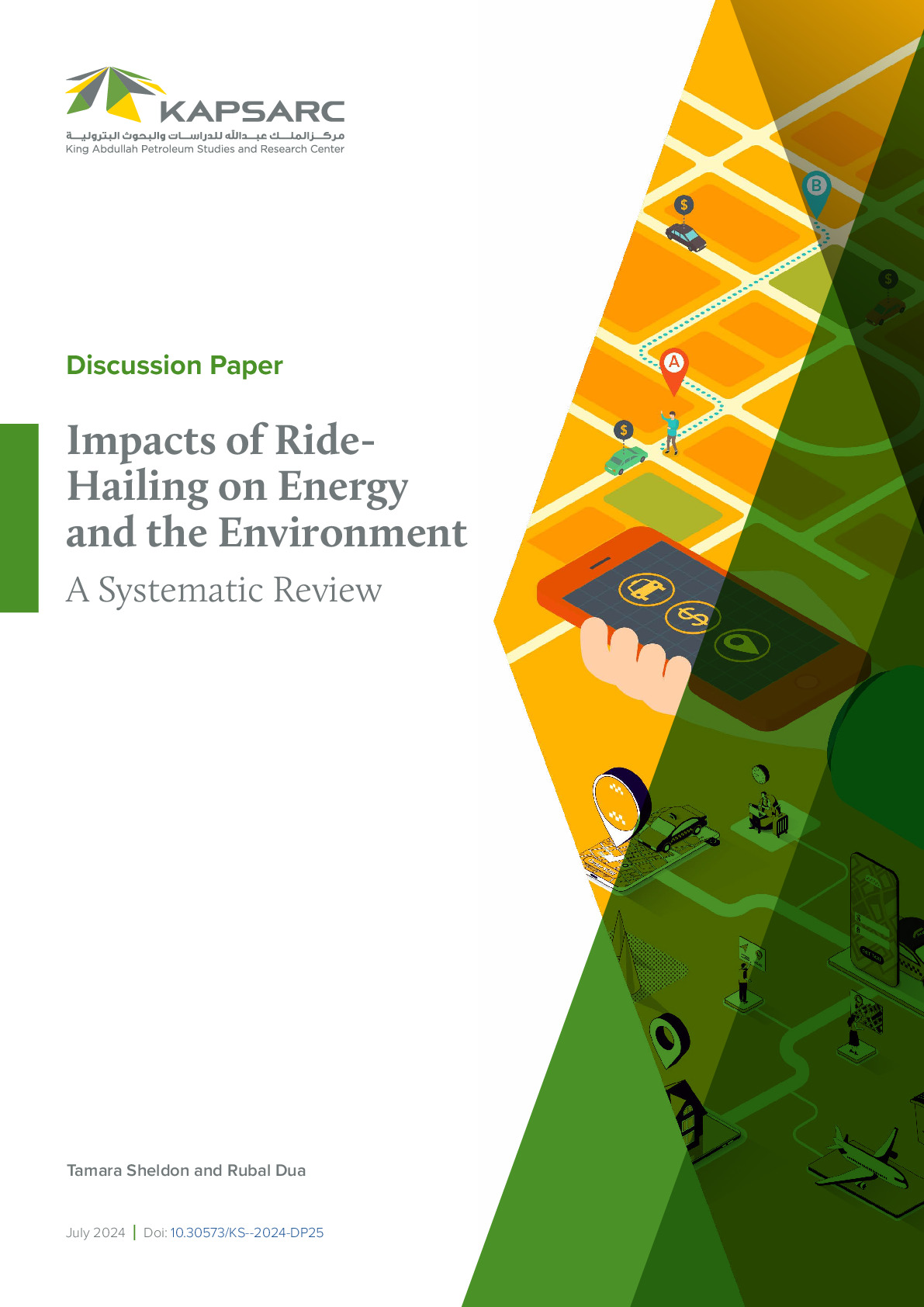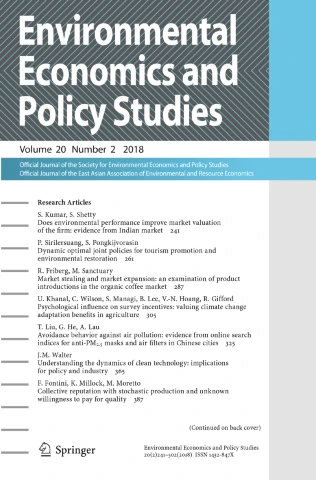Since the seminal work of Berry, Levinsohn, and Pakes (1995), random coefficient logit (RCL) has become the workhorse model for estimating demand elasticities in markets with differentiated products using aggregated sales data. While the ability to represent flexible substitution patterns makes RCL a preferable model, its estimation is computationally challenging due to the numerical inversion of the demand function. The recently proposed inverse product differentiation logit (IPDL) addresses these computational challenges by directly specifying the inverse demand function and representing flexible substitution patterns through nonhierarchical product segmentation in multiple dimensions. Unlike the two-stage simulation-based estimation of RCL, IPDL requires the estimation of a traditional linear instrumental variable (IV) regression model. In theory, IPDL appears to be an attractive alternative to RCL, but its potential has not yet been explored in empirical studies. We present the first application of IPDL in understanding the demand for passenger cars in China using provincial-level sales data. Our results indicate that the elasticity estimates of IPDL and RCL are not significantly different, i.e., that IPDL can capture substitution patterns in a similar manner as can RCL. The estimation of IPDL takes less than a second on a regular computer (i.e., it is approximately 500 times faster than RCL). Overall, the flexibility and computational efficiency of IPDL makes it a workhorse model for demand estimation using market-level aggregated sales data.

Fellow
Rubal is a research fellow at KAPSARC focused on understanding consumer decision making, in particular, consumer choice of energy-efficient technologies…
Rubal is a research fellow at KAPSARC focused on understanding consumer decision making, in particular, consumer choice of energy-efficient technologies and mobility options under alternative technology and policy scenarios. Before joining KAPSARC, Rubal gained a Ph.D. at KAUST designing advanced carbon materials for energy and environmental applications, with a particular focus on energy storage, carbon capture, waste-water treatment, and hydrogen generation via solar water splitting. Prior to that, he worked at the University of Pennsylvania on a semiconductor industry-funded project, developing a continuum modeling framework for simulating the physics of micro defect formation in silicon crystals.
Expertise
- Behavorial decision science
- Consumer adoption
- Energy-efficient mobility and shared autonomous mobility-on-demand
Publications See all Rubal Dua’s publications

Impacts of Ride-Hailing on Energy and the Environment: A Systematic Review
Since the seminal work of Berry, Levinsohn, and Pakes (1995), random coefficient logit (RCL) has…
15th July 2024
Energy Price Reform to Mitigate Transportation Carbon Emissions in Oil-Rich Economies
Since the seminal work of Berry, Levinsohn, and Pakes (1995), random coefficient logit (RCL) has…
2nd April 2024

